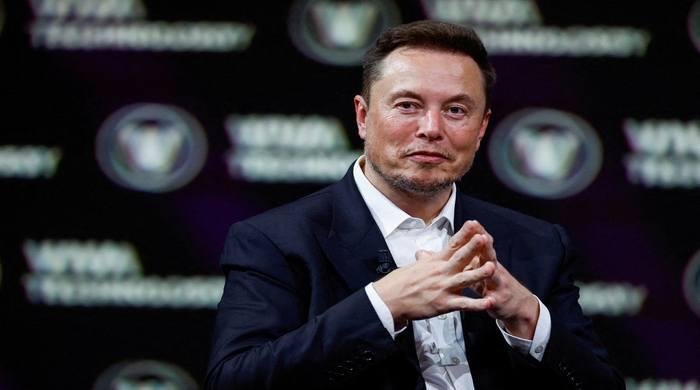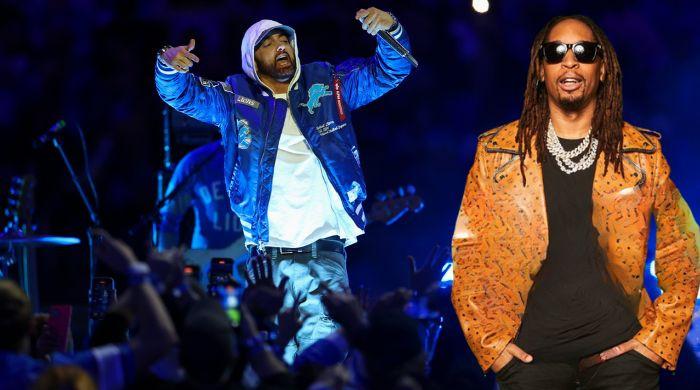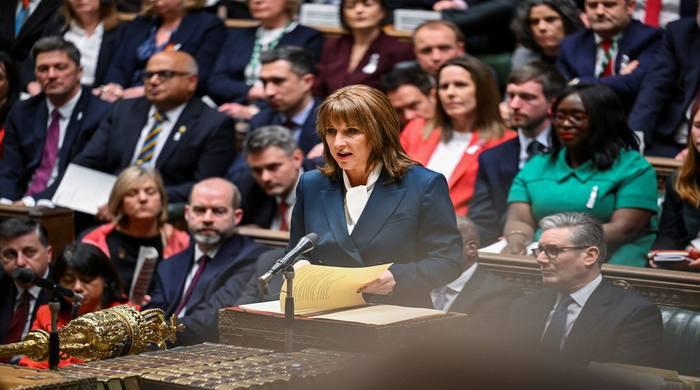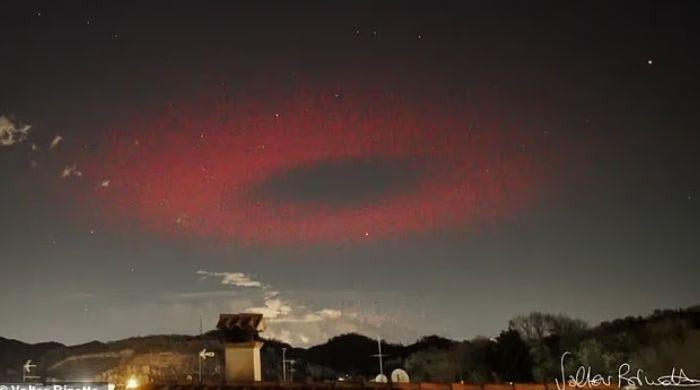Teens fight Australia's social media ban for under-16s ahead of Dec 10 enactment
Two 15-year-olds contest Australia's policy imposing social media ban on those under 16
November 28, 2025
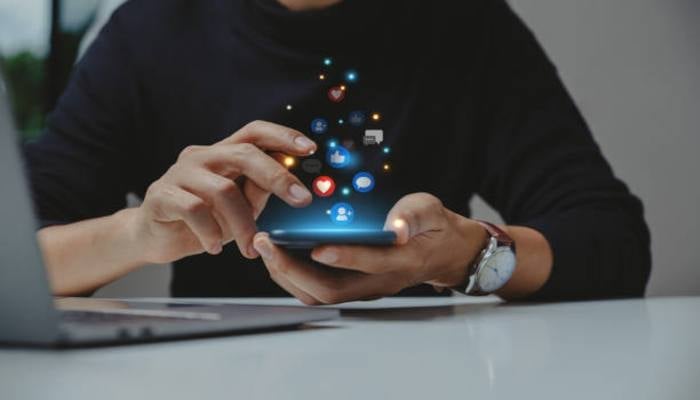
An undated image. — iStock
The motive behind the social media ban in Australia seems to have backfired, as teens have emerged at the forefront to challenge the law, claiming that platforms and the Australian government should focus on eliminating predators and harmful content rather than banning users under 16.
When will Australia's social media ban take effect?
This argument was given by teenagers challenging the law, set to take effect on December 10, which requires social media firms like Meta, TikTok, and YouTube to prevent young Australians from creating accounts.
This counterclaim comes in the midst of campaigners and the government stressing that the law would protect children from harmful content and algorithms.
The policy, imposing a social media ban on those under 16, has been contested by two 15-year-olds, backed by a rights group, in the High Court.
As noted by the BBC, Noah Jones, one of the two teenagers, stated that while there are dangers online, banning under-16s is not the solution. "We shouldn't be using the resources and money of these social media platforms to avoid fines from our government," he remarked, emphasising that these resources should target the removal of harmful content.
Macy Newland, who is also part of the legal action against the ban, acknowledged the risks associated with social media while highlighting the positive aspects, such as education and social inclusion.
On the sidelines of regulation, Newland also argued for improved education on online harms and better safety measures instead of a blanket ban.
Both teenagers assert that the ban would hinder their relationships and access to political knowledge.
Besides criticism, the ban is simultaneously receiving support from many Australian adults, although some mental health advocates express concerns about its potential impact on youth connections.

